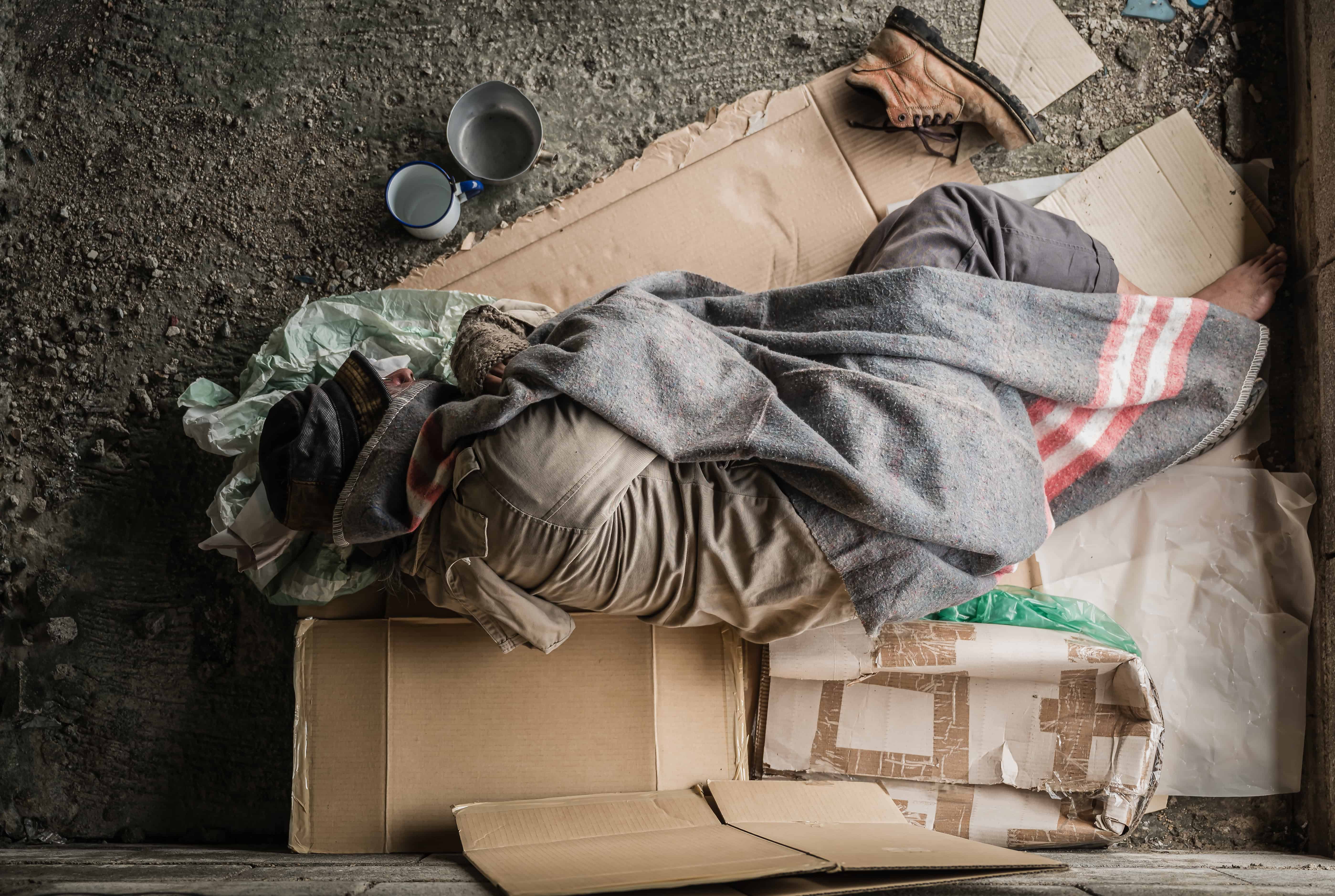
Keir Starmer’s vow to end veteran homelessness could do MORE harm – this is what must be done
Prime Minister Sir Keir Starmer has recently promised to provide housing for all homeless veterans. This commitment addresses a pressing social issue that affects thousands of men and women who have served our country.
Veterans often face unique challenges that can exacerbate their circumstances, making adequate housing critical for reintegration into civilian life.
Whilst this policy, at face value, appears beneficial for veterans, failure to ensure the housing is fit for purpose and suitable support networks are in place could cause veterans further difficulty.
Understanding the veteran crisis
In the UK, it is estimated about 2,000 veterans are homeless at any given time, with many more at risk of becoming homeless.
These individuals often experience a range of difficulties including mental health issues, physical disabilities and a lack of support. The transition from military to civilian life can be disorienting and challenging, making veterans particularly vulnerable to homelessness.
Failure to provide housing that allows them to live independently can increase these struggles, leading to isolation and loneliness. If the social disconnection continues, this could also lead to increased instances of anxiety and depression amongst veterans.
Physical health concerns
Many veterans suffer from physical injuries sustained during their time in service, and as such they require adaptations to be made to their accommodation to ensure they are able to live independently.
If the housing promised by the Government does not take these adaptations into account, further expenses would likely need to be incurred by the veterans or local housing associations to ensure the house is safe and suitable for them to live in.
Psychological challenges
Failure to provide adequate housing for veterans is also likely to lead to psychological challenges.
It is estimated approximately 8% of veterans suffer with post traumatic stress disorder (PTSD) or other mental health conditions. Having a secure and stable home is of vital importance to ensure the condition is managed effectively and to encourage effective engagement in treatment.
The role of adequate housing in rehabilitation
Sir Keir Starmer’s commitment to providing housing for veterans is a recognition that stable, adequate housing can be a foundation for recovery and reintegration. Quality housing can serve as a starting point for veterans to rebuild their lives, providing them with:
1. A sense of security: Adequate housing provides a sense of security and belonging. This stability is essential for veterans to begin to heal and address other aspects of their lives, such as employment and relationships.
2. Access to support services: Many housing programs for veterans come with additional support services, such as mental health counselling, job training, and social activities. These resources can help veterans transition into society more smoothly.
3. Building community: When veterans have access to adequate housing, they are more likely to engage with their community. This engagement can foster connections, support networks, and a sense of purpose that are crucial for mental well-being.
Engaging the community
Public support and community engagement are crucial in making a lasting impact. Awareness campaigns can help educate the public about the challenges veterans face. When communities come together to support veterans, the potential for successful reintegration increases.
Conclusion
Whilst the recent commitment to house homeless veterans is a welcome one, the Government must ensure it takes into account the specific needs of those they are housing.
Veterans can face several challenges not seen in civilian life and these unique circumstances need to be catered for.. Failure to do this may cause further problems for those the policy is aimed to help, putting further pressure on other areas such as the NHS and military charities.










